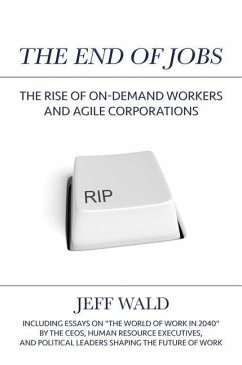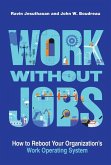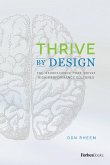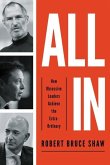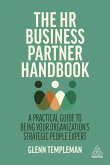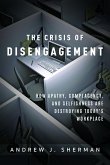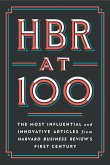As the robots rise, we are faced with the End of Jobs, but not in the way you might think… The world has witnessed three step functions in technological change: mechanization, electrification, and computerization. These industrial revolutions led to massive increases in productivity and thus the need for fewer workers. With each of these technological breakthroughs, the power balance between companies and workers shifted heavily to companies. The abuses of that power by companies instigated employee unrest and sometimes even armed uprisings. Counterbalancing forces rose to constrain companies' power, eventually prompting unions, regulation, and the social safety net to bring stability to the relationship. As we enter the fourth great leap forward in technology with robots and AI, we face the first services revolution. The power balance will again shift massively to companies as new technologies drive productivity increases in the service industry, much as the last three industrial revolutions transformed manufacturing. What lessons can we learn from the past three industrial revolutions and the current state of the labor market? How will we renegotiate the social contract to ensure fairness for workers, set clear rules for companies, and provide stability for society? What is the future of work? The book also includes The Future of Work Prize competition, where the following twenty thought leaders in the world of work wrote essays on their vision of the world in 2040. The contributor that is most correct in 2040 will be awarded the $10 million Future of Work Prize. Contributors include: Andrew Stern - President Emeritus, Service Employees International Union Barry Asin - President, Staffing Industry Analysts Bruce Morton - Head of Strategy, Allegis Global Solutions Carl Camden - Former CEO, Kelly Services Cindy Olson - Former CHRO, Enron Daniel Pianko - Managing Partner, Achieve Partners David Fano - CEO, Teal Deborah Borg - CHRO, Bunge Gene Holtzman - Founder, Talent Tech Labs Gene Zaino - Founder, MBO Partners Holly Paul - CHRO, FTI Consulting Ian Ziskin - Former CHRO, Northrop Grumman Jane Oates - President, WorkingNation Johnny C. Taylor, Jr. - President, Society for Human Resource Management Kim Seymour - CHRO, WW (formerly Weight Watchers) Marcus Sawyerr - CEO, Yoss Michael Bertolino - Senior Partner, E&Y Michael Johnson - Former CHRO, UPS Michelle Greenstreet - Former CHRO, Various William Weissman - Partner, Littler Mendelson
Hinweis: Dieser Artikel kann nur an eine deutsche Lieferadresse ausgeliefert werden.
Hinweis: Dieser Artikel kann nur an eine deutsche Lieferadresse ausgeliefert werden.

